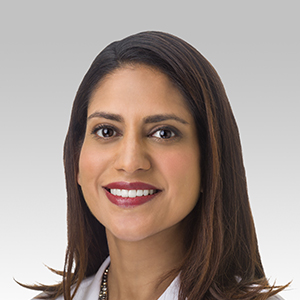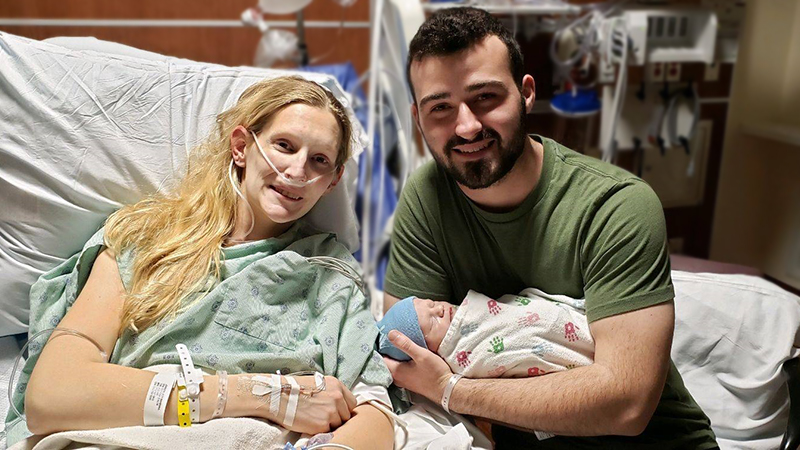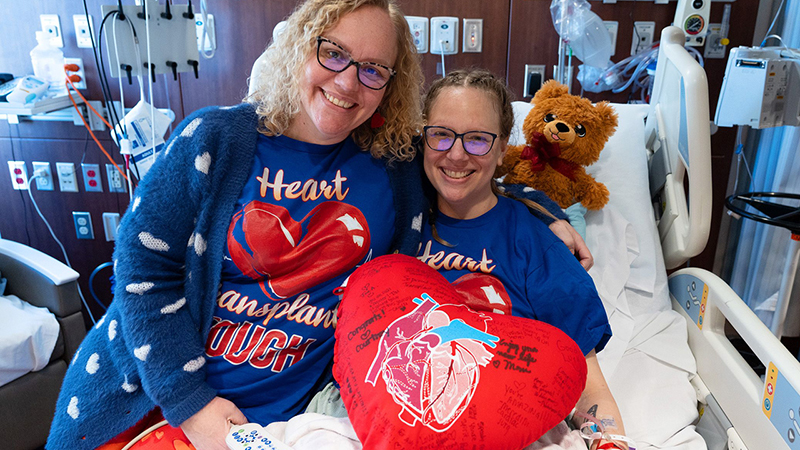A Close Call With Colorectal Cancer
The Importance of Preventive Screenings
Published March 2022
As chief diversity officer for the city of Chicago, Marquis Miller says his role is to help Black Chicagoans and other community members from racial minorities become the healthiest versions of themselves.
After a close call with cancer, he shares his story about the importance of preventive medicine.
Being Proactive
In the summer of 2021, Marquis had a colonoscopy at Northwestern Memorial Hospital. During the procedure, Nidhi A. Singh, MD, found a lesion that was in the final stage before turning into cancer.
I had to share my story.— Marquis Miller, Chief Diversity Officer for the city of Chicago
Although precancerous polyps often can be removed during a screening colonoscopy, this one was too large. So Michael McGee, MD, a colorectal surgeon at Robert H. Lurie Comprehensive Cancer Center of Northwestern University at Northwestern Memorial Hospital, successfully removed it during a follow-up procedure.
Following his close call with colorectal cancer, Marquis is now sharing his experience to educate community members about the importance of colorectal cancer screening.
"My job is about more than eliminating physical barriers that contribute to disparities in health care," Marquis explains. "It's also about providing better accessibility to information and ideas."
Promoting Preventive Care
While Marquis is thankful he avoided colorectal cancer, he knows that many other Black adults are not as fortunate.
Colorectal cancer disproportionately affects Black adults compared to those in other racial and ethnic groups in the United States. The reasons for this and similar inequities include community factors, economic stability, education and other social determinants of health.
Marquis began to ask friends and colleagues if they had been screened for colorectal disease. Many of them were not accustomed to such candid conversations about their health.
"Even before the surgery, it clicked with him that this was a problem bigger than himself," explains Dr. McGee. "Through one of the most trying times of his life, he was able to detach from that and realize what the community needs, and that there's something good that can come from this."
Spreading the Word
After his surgery, Marquis spent one night at Northwestern Memorial Hospital, and then recovered at home for another five weeks.
Now, his message is clear: It's in your best interest to be screened for colorectal cancer. You have no reason not to do it.
"I feel like I can be an honest broker to advance the health of my friends and my community members," Marquis says. "I had to share my story."







